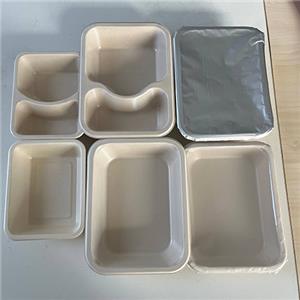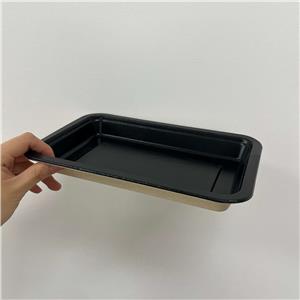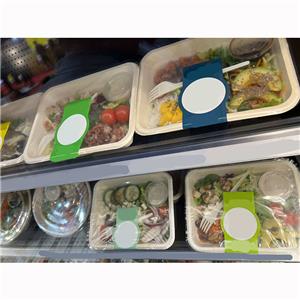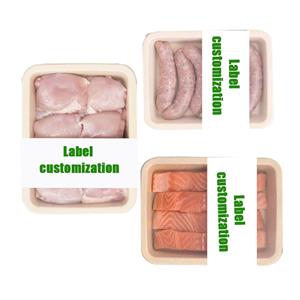The EU’s 2030 Single-Use Plastic Ban Is Reshaping the Future of Food Packaging
The EU’s 2030 Single-Use Plastic Ban Is Reshaping the Future of Food Packaging
The European Union (EU) has announced a major step toward a circular economy — a complete ban on single-use plastics by 2030. This move marks a turning point in Europe’s fight against plastic pollution and sets a global example for sustainable packaging transformation.
A Clear Message: Goodbye to Disposable Plastics
From plastic cutlery and straws to food containers and condiment cups, single-use plastic packaging has long been a convenience with a heavy environmental cost. According to EU data, the amount of plastic packaging waste per person has nearly doubled in the past decade. Without decisive action, experts warn that global plastic pollution could triple by 2040.
Under the EU’s new framework, all packaging placed on the market must be recyclable or compostable by 2030, while the total volume of packaging waste must be reduced by 15% by 2040. Businesses across Europe are now being urged to switch to materials that meet these new standards.
A Turning Point for the Food Industry
The ban poses both a challenge and an opportunity for the food and hospitality sectors — particularly for ready meals, takeout services, and fresh food packaging. These industries rely heavily on disposable containers, but the EU’s regulations are pushing them to explore safer and more sustainable alternatives.
One of the most promising solutions emerging is bagasse packaging, made from the natural fibers of sugarcane waste. Unlike traditional plastic, bagasse is 100% biodegradable, compostable, and derived from renewable resources. It not only meets the EU’s sustainability criteria but also provides excellent functionality for modern food service needs.
How Bagasse Packaging Meets the Future
Our factory has spent years developing advanced coated bagasse food trays, containers, and lids designed specifically for eco-conscious brands. These products are:
PFAS-free and plastic-free, aligning with EU and FDA food-contact standards.
Oil- and water-resistant, ideal for both hot and cold meals.
Microwaveable, oven-safe, and freezer-friendly, performing reliably across a wide temperature range.
Sealable and vacuum-ready, enabling extended shelf life without chemical preservatives.
Thanks to our in-house molding capabilities and over 30 production lines, we offer fully customized packaging solutions for restaurants, meal prep brands, and supermarkets seeking to transition away from single-use plastics.
A Step Toward a Greener Supply Chain
Beyond compliance, this shift represents a mindset change — from short-term convenience to long-term responsibility. Businesses that embrace compostable, fiber-based packaging not only reduce their environmental footprint but also strengthen their brand image in an increasingly eco-aware market.
By replacing plastic with renewable bagasse, companies contribute directly to global sustainability goals while offering customers packaging that’s both safe and planet-friendly.
Looking Ahead
The EU’s 2030 plastic ban is not just a policy — it’s a wake-up call to reimagine how we produce, use, and dispose of packaging. As demand for sustainable solutions grows, innovation in natural fiber materials like sugarcane bagasse will play a leading role in shaping the future of food packaging.
We are proud to be part of this transformation, offering high-performance, compostable food packaging that meets both environmental and commercial needs.
🌱 Together, we can turn the EU’s 2030 vision into a plastic-free reality.




